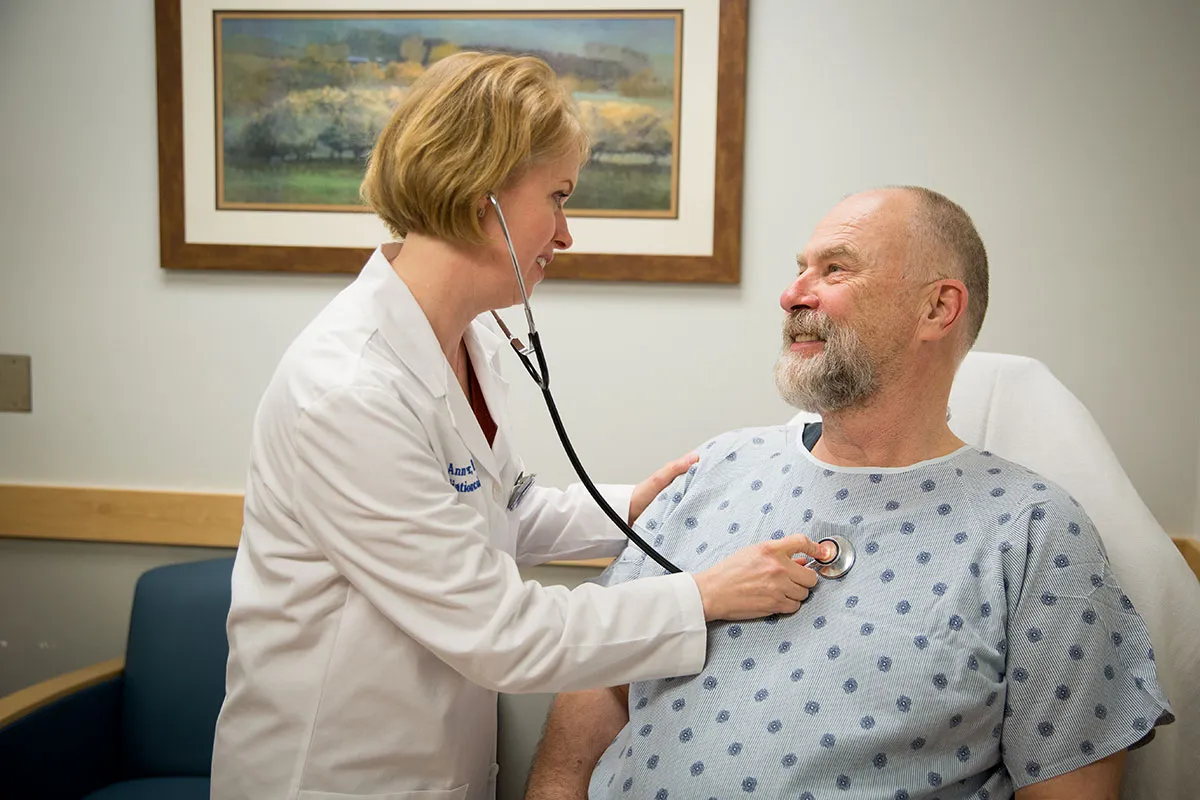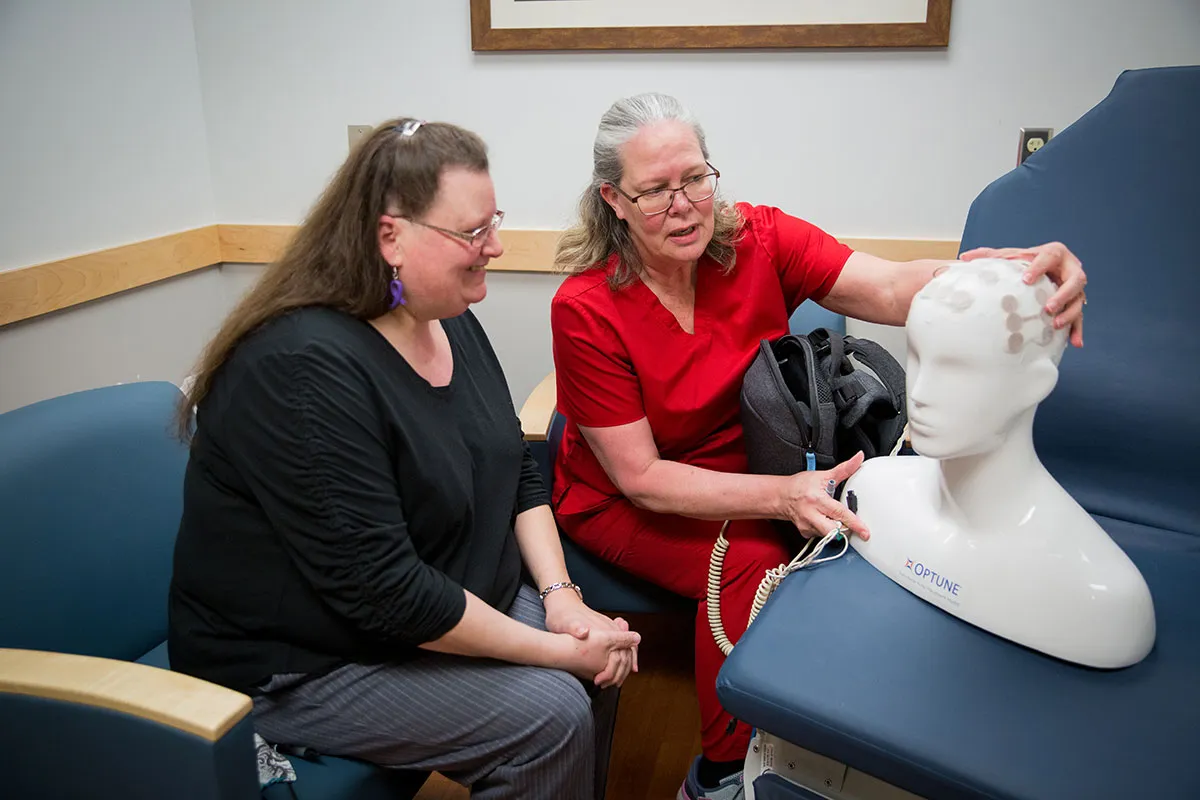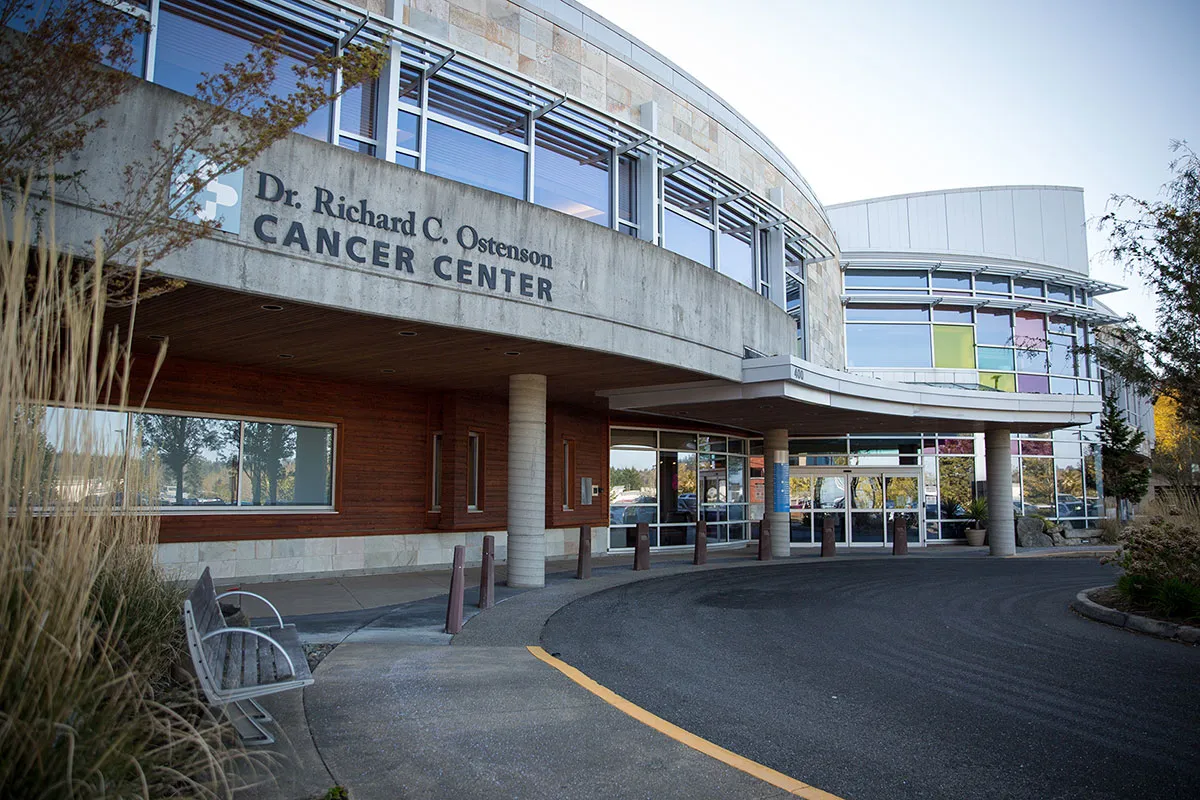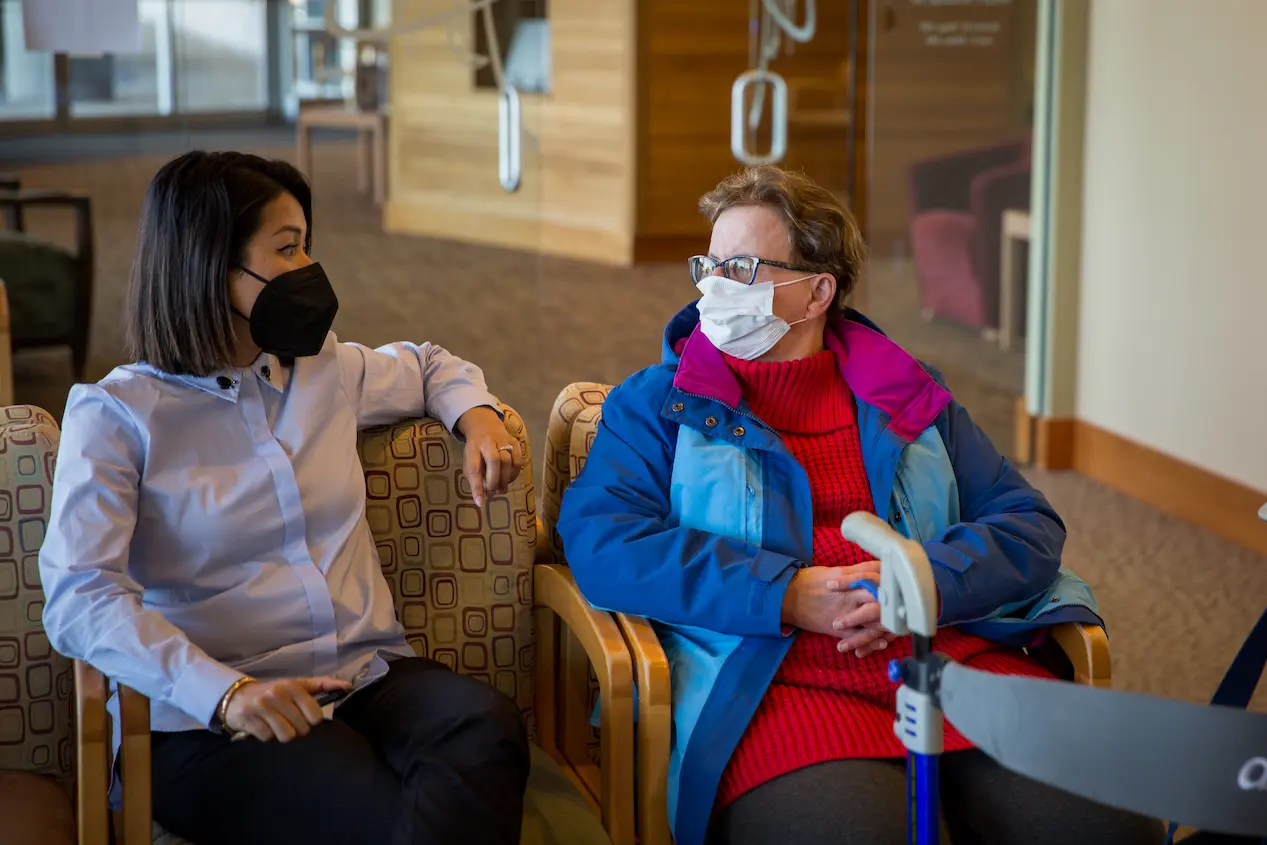Discover The Difference
At Tacoma Valley Radiation Oncology Centers we’re passionate about our patients. Our caring and highly trained team will treat you like family while providing you with the most advanced treatment planning and sophisticated, cutting-edge radiation therapies with the highest level of quality and personalized care.







